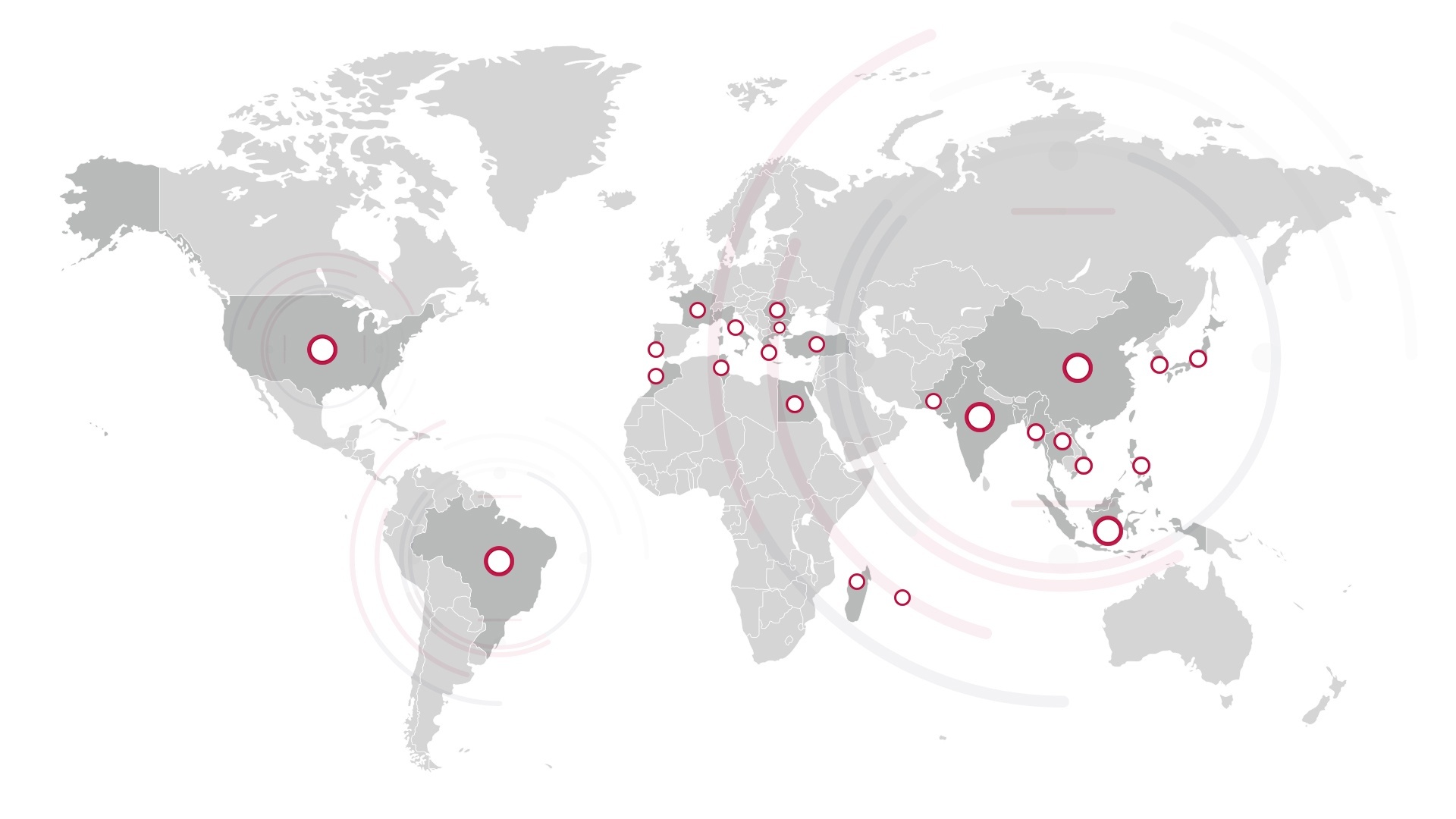(This article is also available in French version: https://www.sgtgroup.net/la-loi-agec-ce-quil-faut-savoir/.)
Brands and retailers selling in France have likely heard of the AGEC law adopted by the French government in 2020, better known as ‘the French Anti-Waste Law’. The new law aims to shape a system-wide transition toward a circular economy, transforming the traditionally linear system of production, distribution, and consumption to more circular practices that support a solidarity economy with less waste.
Here is some key information to help you better understand the law’s impacts and obligations for the fashion and textile industry:
What is the AGEC law?
Beginning with mid-term targets that build toward long-term objectives, the AGEC law is a French law designed to encourage businesses across various sectors, municipalities, and citizens to eliminate waste and adopt more circular practices. It involves a mixture of obligations, prohibitions, and incentives, including measures such as the world-first reparability index, bans on wasteful single-use products and the destruction of unsold goods, the uniformization of sorting bins, and so on.
The law is organized around five key issues:
- Eliminating single-use plastic packaging by 2040
- Providing better and more transparent information
- Limiting waste production and promoting reuse, recycling, and repair, including through donations to charitable organizations
- Taking action against planned obsolescence
- Improving production by promoting a better resource management system from the design stage
How does it apply to the fashion and textile industry?
There are three key rulings to be aware of:
- The prohibition on destroying unsold items that came into force on January 1, 2022 for those under an EPR scheme, and for all other products by the end of 2023.
- The sorting guidelines that will be applied by February 1, 2023.
- The ruling on environmental communication, including information obligations regarding the quality and environmental characteristics of products. This ruling covers not only products but also household packaging.
Who will be impacted?
The law applies to all goods sold in French Territory.
When is the law coming into force?
Implementation of the information obligations within the AGEC law will take place in three stages:
- As of 1 January 2023, to producers with an annual turnover of more than 50 million euros and at least 25,000 units of products placed on the French market each year.
- As of 1 January 2024, to producers with an annual turnover of more than 20 million euros and at least 10,000 units of products placed on the French market each year.
- As of 1 January 2025, to producers, with an annual turnover of more than 10 million euros and at least 10,000 units of products placed on the French market each year
What information will need to be provided?
There will be multiple environmental qualities or characteristics that must be made available to consumers, as well as the premiums or penalties paid on each product (in terms of its environmental performance, as well as the criteria giving rise to this premium or penalty).
The environmental qualities or characteristics to be mentioned include:
- Information on the incorporation of recycled material
- Information on the recyclability of the product
- Information on the presence of any dangerous substance
- Information on the presence of plastic microfibers
- Information on the traceability of the product
- Information on the compostability and recyclability of all packaging
Once it becomes a requirement to provide this information, the obligation cannot be exempted by indicating that the information is unavailable.
How does the information need to be provided?
The information must be made available to consumers free of charge at the time of purchase in a paperless, reusable format. It doesn’t need to be displayed on the products.
- The information is to be presented as a product sheet that can be easily accessed via a search engine, making the data available to search, request, and extract.
- The product sheet is to be called a “product sheet on environmental qualities or characteristics,” and must contain the name and reference details of the model concerned.
- The information should be publicly available for two years after bringing the last unit of the product to the market.
What happens to the products that are already in the market?
- If you introduce to the market new quantities of a product that’s already in stock, the product will become subject to these requirements.
- Only the products for which the last piece of stock will be brought to the market before January 1, 2023 will be exempt.
What are the risks of not complying with the law?
From January 1, 2023, any infringement is liable to a fine not exceeding 15,000 € per legal entity. In addition, there will also be some sanctions for deceptive commercial practices.
How can SgT support you?
SgT is collaborating with Fashion That Cares* to help fashion brands and retailers better understand the comprehensive AGEC law. The law is set to change how fashion businesses operate in France and speed up traceability – one of SgT’s strong tools for the future.
SgT provides concrete document monitoring and verification, social and environmental audits and traceability, and innovative solutions aimed at scientifically proving any claims (e.g. our rPET test that detects and quantifies the presence of recycled polyester).
To ensure compliance with the AGEC law, we recommend increasing visibility across your supply chain and using laboratory tests and quality control at all stages of production and with all players, including spinning mills, textile factories, and tanneries.
*Fashion That Cares has been advising fashion players on their sustainable development issues since 2010. They support companies both strategically and operationally in the three key areas of CSR, responsible purchasing (everything concerning collections and sustainable sourcing), and carbon footprint.
To learn more about this French Anti-Waste Law, watch also our webinar video:
Do you have questions about the AGEC law or anything else?




